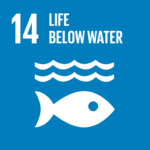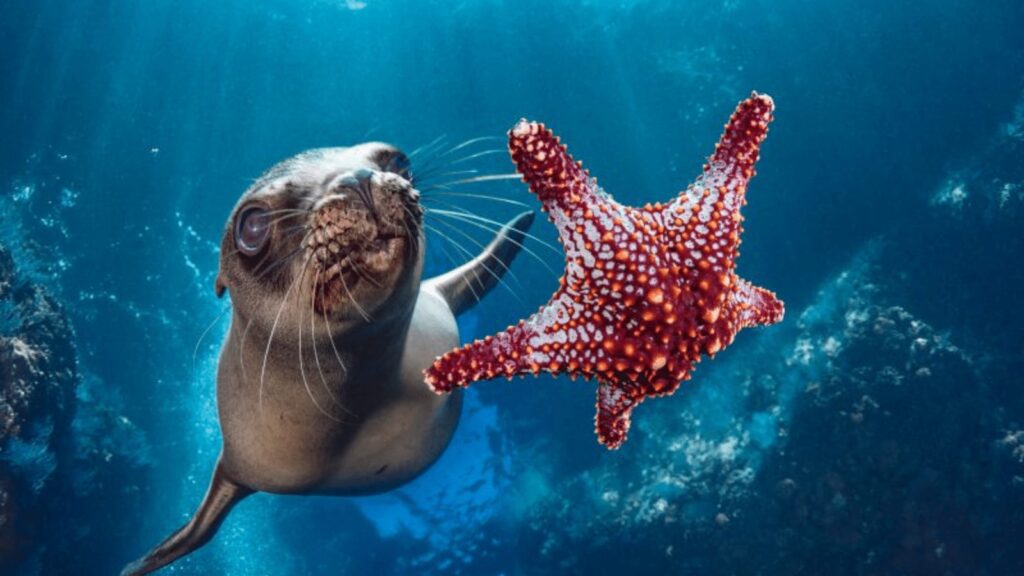Did you know UNESCO hosts the world’s largest marine biodiversity open database?
Humankind relies on the ocean. Food, medicine, and valuable resources are just a few of the reasons it’s so important. But poor governance, neglect, and outright exploitation are threatening marine biodiversity and the health of our planet. To solve these problems, scientific research, conservation and resource management need reliable data. Despite all that data being available, it’s often hard to find, inaccessible, or scattered. OBIS consolidates this scattered info on marine biodiversity into one big database. These data are organized in a common framework, are quality controlled, and are now accessible to everyone at no cost.

The Ocean Biodiversity Information System (OBIS)
OBIS strives to document the ocean’s diversity, distribution and abundance of life. Created by the Census of Marine Life, OBIS is now part of the Intergovernmental Oceanographic Commission (IOC) of UNESCO, under its International Oceanographic Data and Information Exchange (IODE) programme.
OBIS connects to its partners and data providers through expert nodes. The geographic and thematic nodes work with people, governments, and scientific organizations to contribute data to OBIS. They also assist with training and capacity building. OBIS fosters rigorous science, a collaborative spirit, and a diversity of thoughts and ideas.
OBIS integrates biological, physical, and chemical oceanographic data from numerous sources, provides tools to test hypotheses about marine biodiversity, and assists research on marine ecosystems. Users of OBIS, including researchers, students, and environmental managers, gain a dynamic view of the distribution of marine species over space and time.
This successful collaborative formula has resulted in the most complete source of information about the diversity, distribution and abundance of marine life on our blue planet. OBIS was created in 2000, and since then, it has grown, formed new cooperative ventures, and developed a global network with partners. Our Ocean, and our Planet, need global access to reliable data now more than ever.
Lead image courtesy of UNESCO – Intergovernmental Oceanographic Commission.
You may also be interested in :
Java’s Mangroves Pay A High Price For Stopping Plastic Flowing Out To Sea



